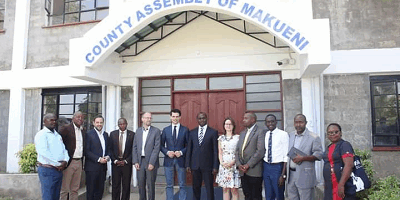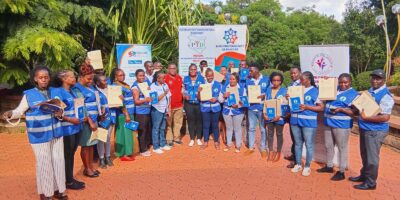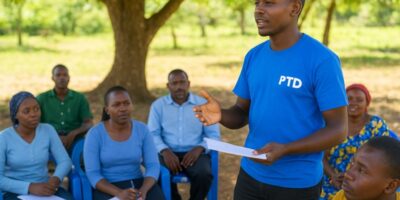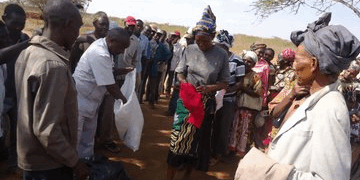In partnership with SNV Kenya and with support from the Government of the Netherlands, Partnership for Transformational Development (PTD Kenya) implemented the Women Economic Empowerment (WEE) Program on Social Behavior and Communication Change (SBCC) — a transformative initiative designed to promote gender equality, enhance financial inclusion, and shift social norms in rural communities.
Reaching the Heart of the Community
The program was rolled out across several villages in Kitise Kithuki Ward — including Kikome, Mikauni, and Nguunguuni — and extended to the Makindu–Mulili area. These communities, like many others in Makueni County, face deep-rooted challenges linked to poverty, gender inequality, and limited access to financial services.
Through the SBCC model, PTD Kenya facilitated household dialogues, bringing together men, women, and youth to discuss practical issues around shared responsibilities, access to credit, and the use and control of income. These sessions created safe spaces for families to reflect on traditional gender roles and explore more equitable ways of living and working together.
Building Economic and Social Empowerment
Women were linked to financial entities such as savings groups, SACCOs, and microfinance institutions — helping them gain access to credit and financial literacy training. As a result, many women started small businesses, engaged in agribusiness, and began participating in local value chains.
Meanwhile, men were encouraged to support their spouses in household activities and financial decision-making. This collaborative spirit led to stronger family bonds, improved livelihoods, and a greater sense of community responsibility.
Shifting Mindsets and Breaking Barriers
One of the program’s most remarkable outcomes has been the transformation of social norms and attitudes. Communities that once held rigid views on gender roles are now embracing inclusivity and respect. Retrogressive cultural practices, stereotypes, and gender-based discrimination have significantly reduced, paving the way for greater participation of women in leadership and economic decision-making.
Visible Impact and Lasting Change
-
Women are now actively participating in income-generating activities and contributing to family and community development.
-
Men are more engaged in domestic chores and family planning, showing improved gender relations at the household level.
-
Families have better access to financial services, improved budgeting skills, and diversified sources of income.
-
Communities are embracing dialogue over discrimination, and gender equality is gradually becoming part of everyday life.
A Model for Sustainable Development
This program not only empowered individuals but also demonstrated that lasting change begins at the household level. By integrating behavior change communication, financial empowerment, and community dialogue, PTD Kenya has helped build more equitable, resilient, and progressive communities.
“Empowering women is not just about economics — it’s about transforming mindsets, strengthening families, and shaping the future,” says Joseph Kioko, Executive Director of PTD Kenya.










